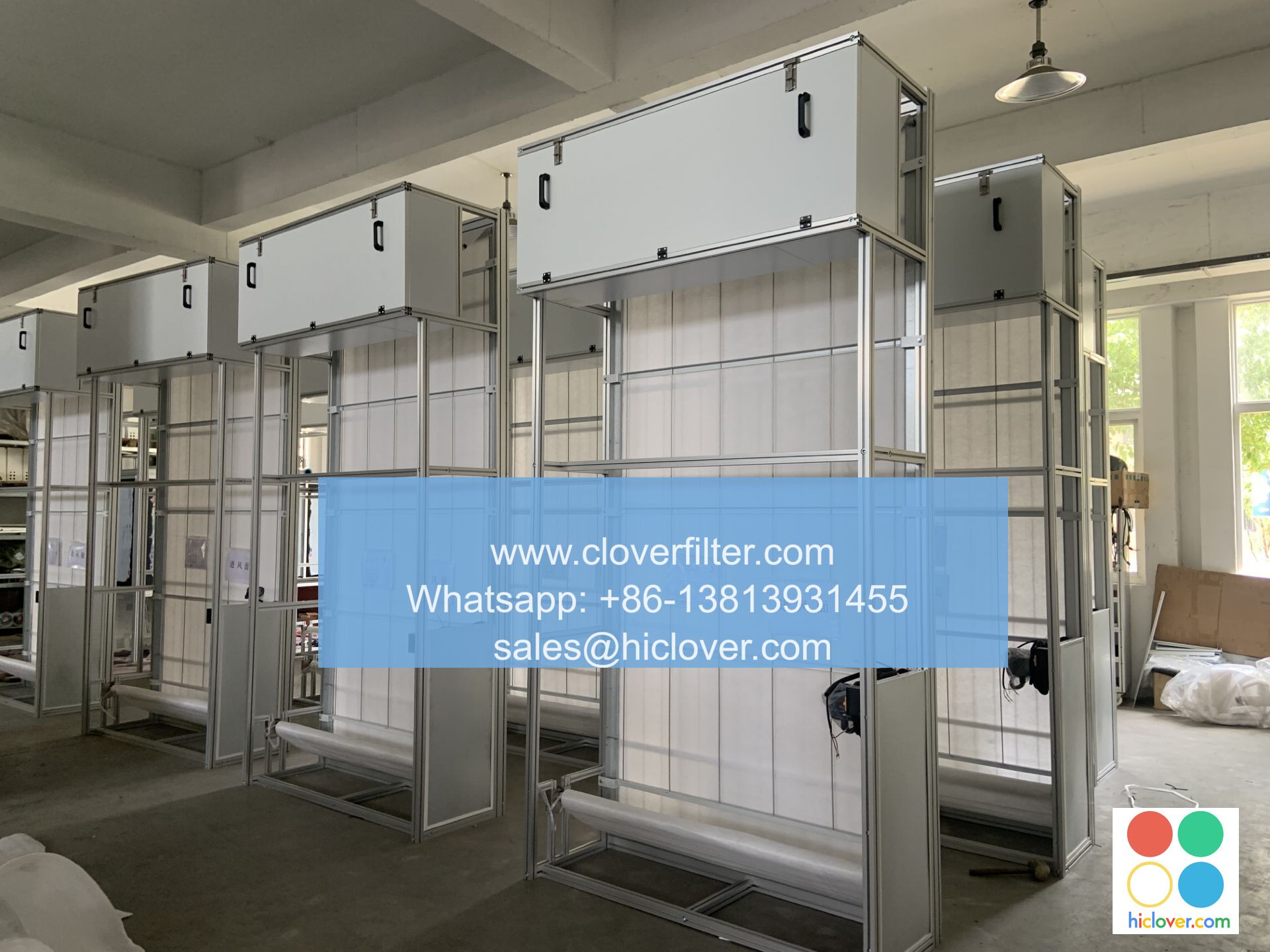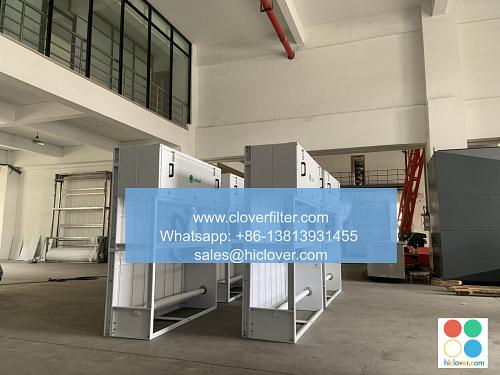Why Shape Matters: How Air Filter Shapes Affect Your Home’s Air Quality

Why Shape Matters: How Air Filter Shapes Affect Your Home’s Air Quality
The Importance of Air Quality in Your Home
As you breathe in and out, the air around you is crucial for your health and well-being. Good air quality is essential for a comfortable and healthy living space. One of the key factors that can significantly impact indoor air quality is the air filter used in your home. In this article, we’ll explore the importance of shape in air filters and how it affects the air quality in your home.
The Impact of Air Filter Shape on Air Quality
Air filters come in various shapes and sizes, and their design can have a significant impact on the air quality in your home. The shape of an air filter refers to its design, including the number of layers, material, and structure. A well-designed air filter can capture pollutants such as dust, pollen, and pet dander, while a poorly designed one can leave these particles circulating in the air, compromising your indoor air quality.
Types of Air Filter Shapes and Their Impact on Air Quality
There are several types of air filter shapes available, each with its unique design and advantages. Here are some of the most common types of air filter shapes and their impact on air quality:
- _rectangular filters: These are the most common type of air filter and are designed to be used in HVAC systems. They are effective at capturing large particles, such as dust and lint, but may struggle with smaller particles like pollen and pet dander.
- W disposable filters: These filters are designed to be replaced regularly and are often used in air purifiers and small HVAC systems. They are effective at capturing smaller particles, including smoke and odors, but may not be as effective at capturing larger particles.
- pleated filters: These filters have a pleated design that increases their surface area, allowing them to capture more particles, including those as small as 0.3 microns. They are often used in high-traffic areas and in homes with pets.
- HEPA filters: High-Efficiency Particulate Air (HEPA) filters are designed to capture 99.97% of particles as small as 0.3 microns. They are often used in high-end air purifiers and are ideal for homes with severe allergy sufferers or asthma patients.
Benefits of Choosing the Right Air Filter Shape for Your Home
Choosing the right air filter shape for your home can have a significant impact on your indoor air quality. Here are some benefits of choosing the right air filter shape for your home:
- Improved Indoor Air Quality: A well-designed air filter can capture pollutants and allergens, leaving your air cleaner and fresher.
- Reduced Allergy and Asthma Symptoms: By reducing exposure to allergens and irritants, a good air filter can help reduce symptoms of allergies and asthma.
- Increased Energy Efficiency: A well-maintained air filter can help reduce energy consumption by allowing your HVAC system to work more efficiently.
- Extended HVAC System Life: By keeping your HVAC system clean, a good air filter can help extend its lifespan.
Conclusion
In conclusion, the shape of an air filter can have a significant impact on the air quality in your home. By choosing the right air filter shape for your home, you can enjoy improved indoor air quality, reduced allergy and asthma symptoms, increased energy efficiency, and extended HVAC system life. Remember to consider the type of particles you need to capture, your home’s specific needs, and the maintenance requirements when selecting the right air filter shape for your home.
I’m ready to help! What would you like to talk about or what task would you like me to assist you with?

